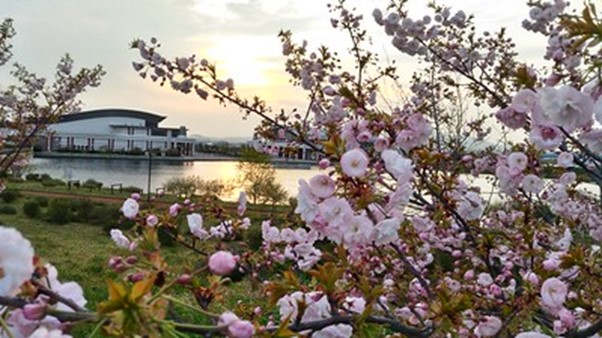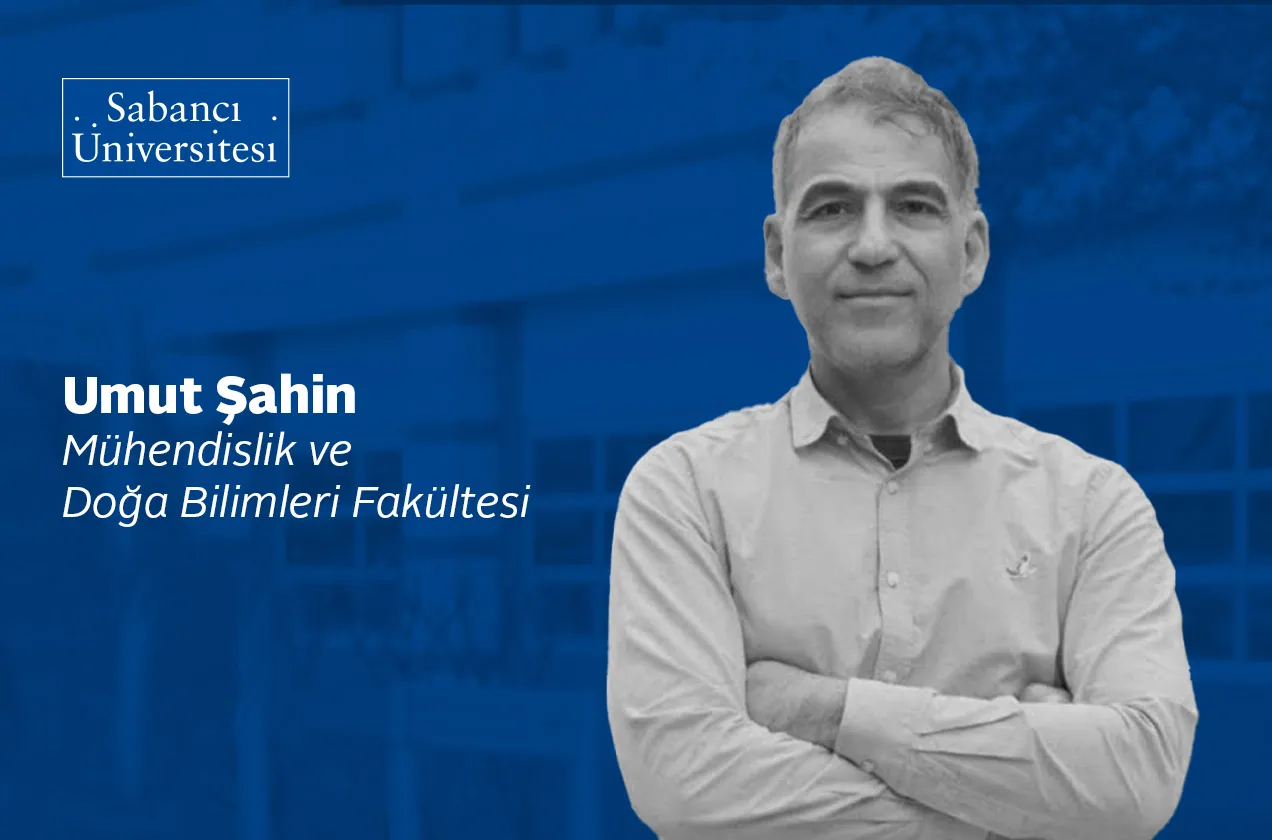29/09/2025
Sustainable Campus and Climate Action Steps from Sabancı University
Sabancı University Sustainability Manager Pelin Nur Karaçal
Climate action steps and sustainability efforts undertaken to make Sabancı University a more sustainable campus are at the forefront of our agenda.
Combating climate change has become a necessity that permeates every aspect of institutions' sustainability strategies. Expectations for increased transparency regarding issues such as climate change, industrial pollution, food security, natural resource depletion, pandemics, social injustice, and biodiversity loss are increasing daily.
According to research, the demand for sustainable products is increasing with the increasing number of Millennial and Generation Z consumers.

The Impacts of Climate Change in Turkey
Turkey felt the impacts of climate change most clearly in 2024. According to data from the Turkish State Meteorological Service, the average temperature in 2024 was 15.6°C. This value is approximately 1.7°C above the long-term average between 1991 and 2020, marking the warmest year recorded since 1971.
Analyzed by areal precipitation, the 2024 average precipitation across Turkey was 537.2 mm. This value is approximately 6.3% lower than the long-term average for 1991-2020.
Another indicator of climate change is the increase in extreme weather events. While a significant decrease in precipitation was observed, particularly in the Aegean Region, Eastern Marmara, and western parts of Central Anatolia, increases were recorded in some regions of Eastern Anatolia. Heavy rainfall, floods, hail, storms, lightning, forest fires, and frost continue to cause loss of life and property in many regions.

Sabancı University Climate Action Plan
In light of these global and national developments, Sabancı University has prepared a Climate Action Plan. This plan serves as a guide for our campus to prepare for a low-carbon future and achieve its net-zero carbon target.
The Climate Action Plan we have prepared is a key guide for how we will transform our university through significant steps such as achieving carbon neutrality, increasing renewable energy use, and implementing circular economy practices. We are committed to reducing our emissions in line with science-based targets (SBTi) and achieving the net-zero carbon target of our campus, and we are implementing the planned actions accordingly.
We approach sustainability not only through technical solutions but also as an institutional culture. By combining technology and engineering with curiosity and creativity, we strive to ensure sustainability becomes a permanent part of campus life.
We aim to internalize this institutional culture throughout campus life by incorporating concrete examples into administrative offices, shared areas, and faculty buildings, and by engaging all stakeholders in this community. We embrace the approach of engaging with students and researchers, mobilizing academic studies on sustainability in the field, and engaging these actors to create real change in sustainability, because we know that a sustainable future is only possible with the collective will and participation of all stakeholders.




